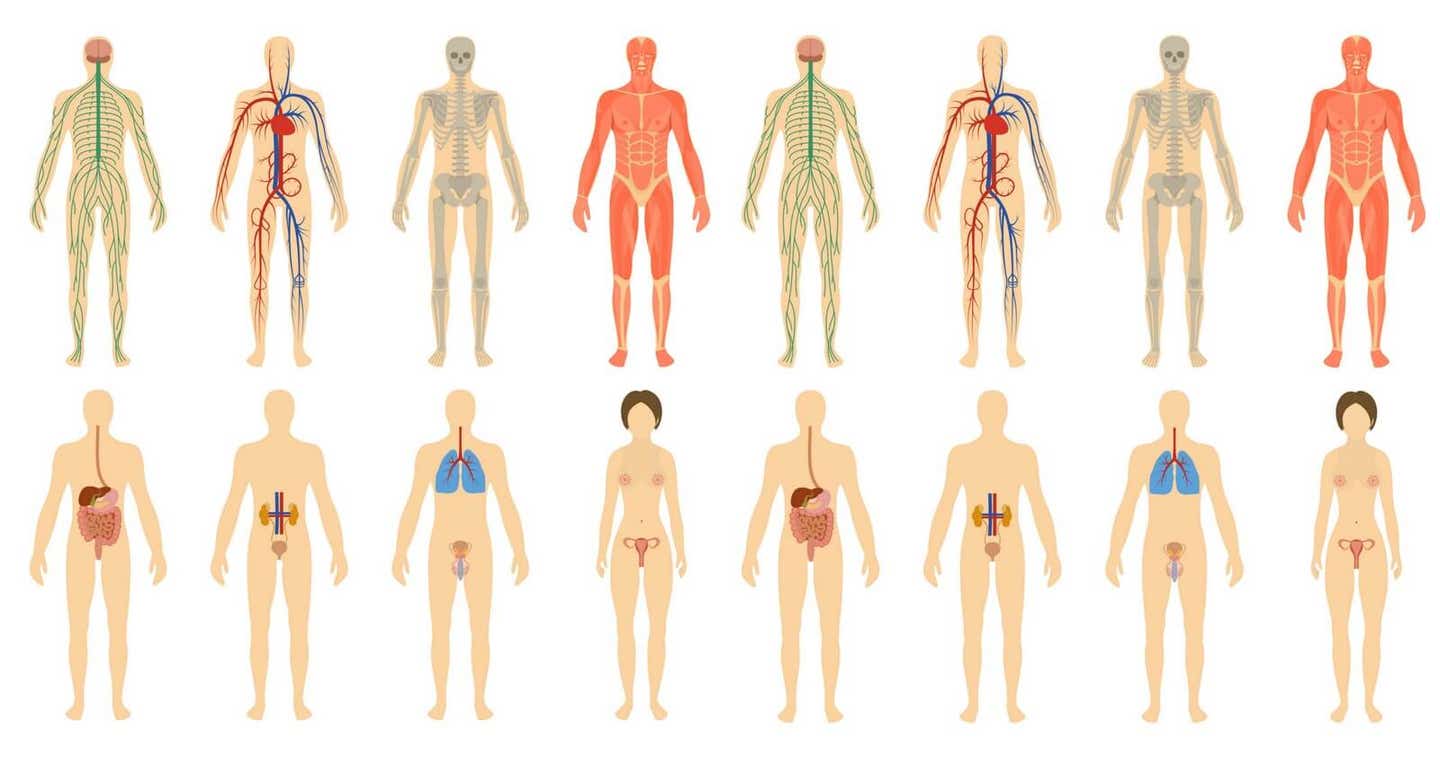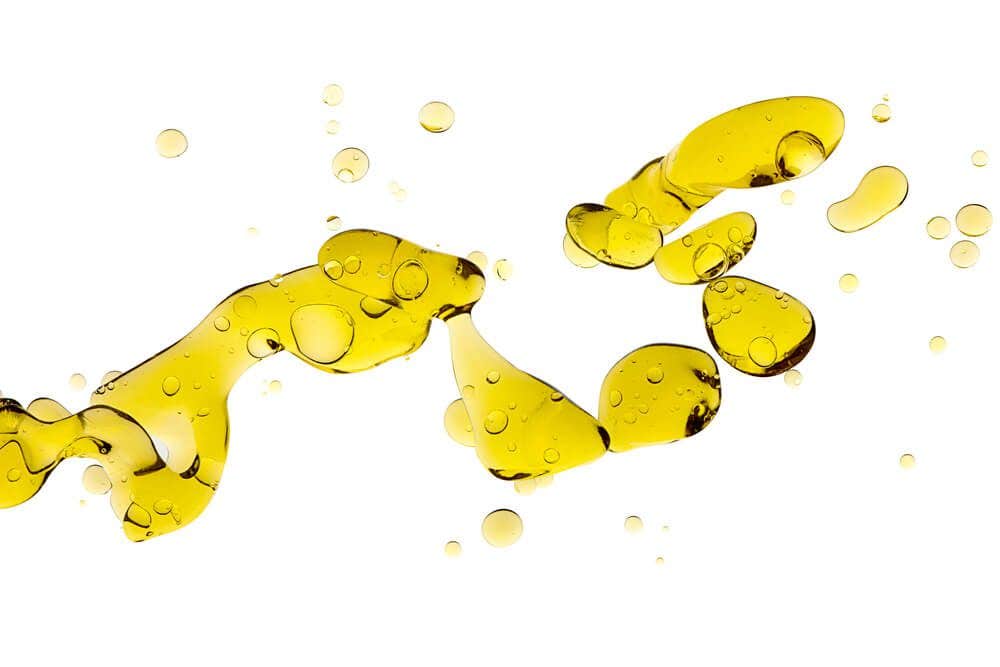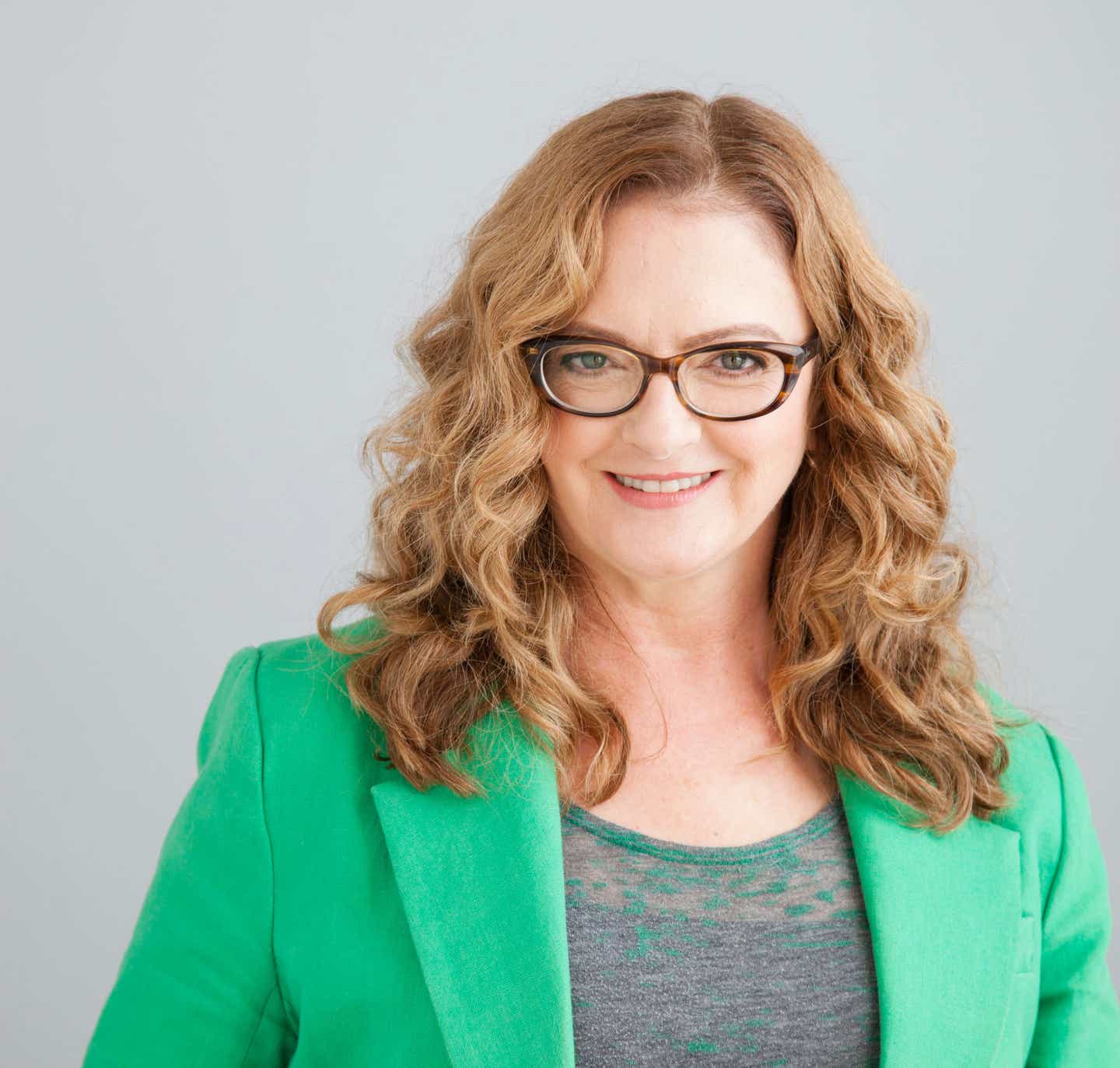A large new study out of Harvard suggests that a small daily dose of olive oil may substantially reduce the risk of early death. That’s raising questions among whole-food, plant-based eaters, since avoiding added oil is a cornerstone of the WFPB diet.
The new study, published in January in the Journal of the American College of Cardiology, examined olive oil consumption and mortality using data collected from more than 90,000 health care workers over 28 years: 60,582 women in the Nurses’ Health Study and 31,801 men in the Health Professionals Follow-Up Study.
Participants completed health assessment questionnaires every two years. Every four years they answered detailed food-frequency questionnaires that asked how often, on average, they had consumed specific foods in the preceding year, including types and brands of fats and oils used for cooking and added at the table. Over the 28-years follow-up period, 36,856 participants died.
After adjusting for known risk factors and other dietary factors, researchers found that participants who consumed more than a half tablespoon a day of olive oil were 19 percent less likely to die of cardiovascular disease and all other causes. They were 29 percent less likely to die of neurodegenerative diseases such as Alzheimer’s, 17 percent less likely to die of cancer, and 18 percent less likely to die of respiratory disease compared with those who never or rarely consumed olive oil.
“Our findings confirm current dietary recommendations to replace animal fats with plant oils for the prevention of chronic diseases and premature death,” said the study’s lead author, Marta Guasch-Ferré, a senior research scientist in the Department of Nutrition at Harvard Chan School of Public Health.
So Is Oil Healthy Now?
An important takeaway for WFPB eaters is that the Harvard study analyzed death rates based on different types of added fat in the diet. They did not examine the benefits of a diet with little or no added oil. Neal Barnard, MD, FACC, addressed the question in the January 20 episode of The Exam Room by the Physicians Committee podcast.
“Olive oil is better than chicken fat, beef fat, cheese fat, dairy fat. It’s better than all these,” Barnard, president of the Physicians Committee for Responsible Medicine, told The Exam Room host Chuck Carroll. “Chicken fat is 30 percent saturated fat. Beef is 50 percent saturated fat. But for olive oil it’s all the way down to 14 [percent]. That’s good.”
Then Barnard offered a big caveat: “But what if instead I get a nonstick pan and I don’t use any fat at all? That’s best of all because every gram of fat, no matter where it’s from, has 9 calories, and our research has shown that when people get away from these fats in general they do best of all. So olive oil: better than animal fats, absolutely. Slam dunk. But learning to really minimize even the oils, even the olive oil, is probably the best road,” he said.
“The researchers have tried to make the case that there’s something magical in olive oil. And there are various plant constituents, just as there are in broccoli and sweet potatoes. However the big issue seems to be you’re not eating the animal fat anymore,” Barnard added.
Indeed, while the new study found that replacing butter, mayonnaise, or dairy fat with olive oil was associated with a lower risk of total and cause-specific mortality, they found no significant risk reduction when substituting olive oil for other vegetable oils.
The study authors also noted that participants with higher olive oil intake tended to be more active than other participants and less likely to smoke. They also consumed more fruits and vegetables than those who ate less or no olive oil.
The WFPB Case Against Oil
“There's no question that when you get rid of all those other fats, olive oil—which is monounsaturated—is less harmful. However the point is this: It’s not to get an 18, 19 percent risk reduction when what you’re really striving for with cardiovascular disease is to eliminate it,” said lifestyle medicine pioneer Caldwell Esselstyn, MD, author of Prevent and Reverse Heart Disease.
“When has Harvard ever done a study with oil where you take patients who are seriously ill with heart disease and you arrest and reverse it? That’s what we were able to achieve, along with [Dr. Dean] Ornish and others who follow this kind of approach,” Esselstyn said.
In a 2014 study published in the Journal of Family Practice, Esselstyn and colleagues tested a whole-food, plant-based diet on 198 patient volunteers with established cardiovascular disease. Of the 177 patients (89 percent) who responded to intensive counseling and stuck with the diet for a mean of 3.7 years, only one patient had a major cardiovascular event: a stroke. Meanwhile, 13 of the 21 patients who didn’t stick with the diet experienced adverse cardiac events.
In 2019, Esselstyn wrote an editorial for the International Journal of Disease Reversal and Prevention outlining a range of studies that show oil consumption promotes vascular injury, including research published in 2000 that examined the post-meal impact of olive oil on the endothelium, a membrane that lines the heart and blood vessels and helps control vascular relaxation and contraction. The study found that meals prepared with olive oil reduced flow-mediated dilation, a measure of arterial blood flow, by 31 percent.
Another concern with added oil is its sheer calorie density and potential to promote overeating and weight gain.
At 4,000 calories per pound, “oil follows essentially the same model as processed sugar, which is also pressed from plants,” explain Alona Pulde, MD, and Matthew Lederman, MD, in The Forks Over Knives Plan. “Think about what oil is: fat—and nothing but fat. … Oil of any kind has more calories per gram than any other food we know. And without any fiber or water in it, oil lacks the bulk to convey to your senses how many calories you have eaten; this virtually guarantees you will consume more calories at the meal than you need.”
To learn more about a whole-food, plant-based diet, visit our Plant-Based Primer. For meal-planning support, check out Forks Meal Planner, FOK’s easy weekly meal-planning tool to keep you on a healthy plant-based path.

Related News
Get Our Best Price On The Forks Meal Planner

Forks Meal Planner takes the guess work out of making nutritious meals the whole family will enjoy.
SAVE $200 ON OUR ULTIMATE COURSE

Join our best-selling course at a new lower price!



